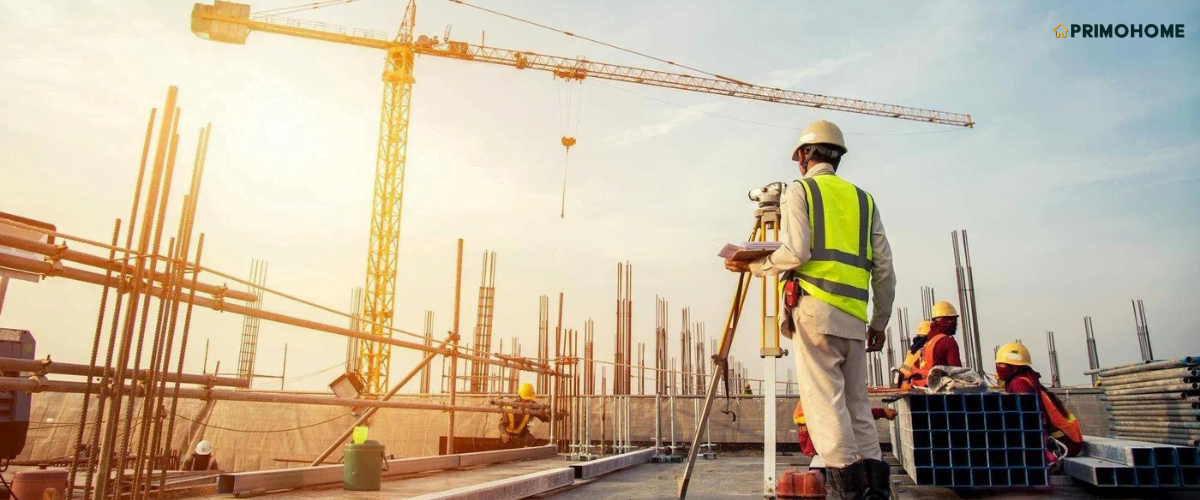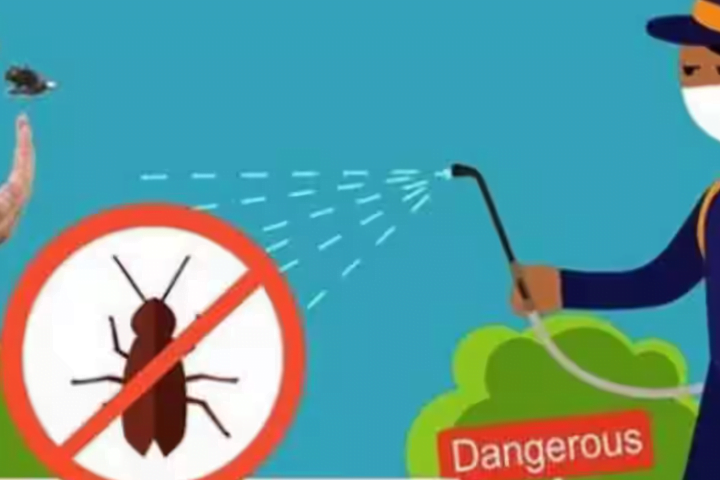Dubai’s rapid urbanization and impressive construction projects are an integral part of its growth and development. However, as structures rise in the desert, they face a persistent, often invisible threat—termites. These pests, if left unchecked, can cause massive damage to buildings, undermining both safety and financial investments. In this article, we explore why anti termite treatment is essential for safeguarding Dubai’s construction projects, the methods used to control termites, and how it plays a role in maintaining the city’s architectural integrity.
1. Overview of the Role of Termites in Construction
Termites are often referred to as “silent destroyers” due to their ability to cause significant damage to structures without being detected. These small insects feed on cellulose, the primary component in wood, which makes them a direct threat to any structure that uses wooden elements. Though construction in Dubai often incorporates steel and concrete, many components, such as frameworks and furniture, are still susceptible to termite infestations.
2. The Threat of Termites in Dubai
Dubai’s hot and humid climate, combined with its extensive use of landscaping and water features, creates an ideal environment for termites. Subterranean termites, in particular, thrive in moist soil, making urban areas with irrigation systems especially vulnerable. As the city expands, both residential and commercial properties are at risk of termite damage, which underscores the need for robust termite control measures.
3. Why Anti-Termite Treatment is Crucial
Ignoring termite issues can lead to severe consequences for construction projects. Anti termite measures ensure that termites do not compromise the structural integrity of buildings. Without proper termite treatment, a project could face:
- Structural Damage: Over time, termites can weaken foundational elements, making buildings unsafe for occupancy.
- Financial Losses: Repairing termite damage can be costly, especially if infestations go unnoticed for extended periods.
- Safety Concerns: Compromised structures pose a significant risk to occupants, leading to potential liabilities for developers.
4. How Termites Impact Construction Projects
Termites generally enter buildings through cracks in the foundation, plumbing, or areas where soil meets wood. During the early stages of construction, these entry points can be addressed through preventive anti termite measures. Signs of termite activity during construction might include mud tubes, damaged wood, or discarded wings from termite swarms.
5. What is Anti-Termite Treatment?
Anti termite treatment is a preventive measure applied during or after construction to protect buildings from termite infestations. The primary goal is to create a barrier that prevents termites from accessing the structure. Common methods include soil treatment with chemical solutions, physical barriers, and advanced detection systems.
The benefits of anti termite treatment include:
- Long-lasting protection for the building’s foundation.
- Reduced risk of damage and associated costs.
- Enhanced safety and longevity of the structure.
6. Types of Anti-Termite Treatment for Dubai Projects
There are two primary approaches to anti termite treatment in Dubai:
- Pre-construction Anti-Termite Treatment: This involves applying protective measures before the building’s foundation is laid. It includes treating the soil around and under the foundation to prevent termite entry.
- Post-construction Anti-Termite Treatment: This approach is used for existing structures to eliminate termites and prevent future infestations. It may involve drilling into foundations to inject chemicals or installing baiting systems.
7. Pre-Construction Anti-Termite Solutions
For new construction projects in Dubai, pre-construction anti termite treatment is the most effective way to prevent infestations. This typically involves:
- Soil Treatment: Applying termiticides to the soil before laying the foundation ensures that termites cannot access the structure from below.
- Barrier Methods: Installing physical barriers, such as stainless steel mesh or treated wood, can also prevent termite entry.
- Best Practices in Dubai: Local construction regulations often require pre-construction termite treatment as part of the building code, ensuring long-term protection for structures.
8. Post-Construction Anti-Termite Solutions
Once a building is complete, post-construction termite treatment can be applied if signs of infestation are detected. These treatments include:
- Detection and Treatment Methods: Advanced technology such as infrared detection can identify termite activity within walls and foundations. Treatment may involve applying chemicals directly to affected areas or installing bait stations.
- Retrofitting Termite Treatment into Existing Structures: If a building is found to have termites, specialized methods, including soil injection and wall treatments, can effectively eliminate the pests.
9. Termite Control in Dubai
Dubai’s construction industry is heavily regulated when it comes to termite control. Several professional companies specialize in termite control dubai, offering both preventive and reactive services. The most popular methods include:
- Termiticides: Chemical barriers remain the most widely used and effective solution for termite prevention.
- Bait Systems: These systems attract termites and deliver slow-acting toxins that eliminate entire colonies over time.
10. Best Practices for Ongoing Termite Management
Maintaining a termite control plan is essential for the longevity of a building. Routine inspections, especially in areas prone to moisture, should be conducted regularly. In addition to professional services, homeowners and developers should focus on landscaping and drainage to avoid creating conditions that attract termites.
11. Regulatory Requirements for Termite Treatment in Dubai
Dubai has strict guidelines regarding best pest control in dubai in construction. Builders must adhere to regulations that mandate anti termite treatment during the construction phase. Failure to comply can result in fines or delays in project approval.
12. Role of Construction Materials in Termite Prevention
Choosing the right construction materials can also help prevent termites. Options such as treated wood, concrete, and metal can reduce the risk of infestation. Additionally, using termite-resistant building techniques, like elevating wooden structures or incorporating chemical barriers, can further protect a building from termites.
13. Common Mistakes in Termite Control
Many developers and homeowners make the mistake of relying on DIY methods to handle termite problems. While these might provide temporary relief, professional termite control services are the most reliable way to ensure long-term protection. Ignoring early signs of infestation, such as mud tubes or damaged wood, is another common error that can lead to significant damage.
14. The Impact of Other Pests in Construction Projects
While termites pose a unique threat, other pests like ants, cockroaches, and rodents can also cause problems in construction projects. Unlike termites, these pests typically cause more immediate, visible damage and health hazards, but their control measures differ significantly from termite prevention.
15. Conclusion
In conclusion, anti termite treatment is essential for protecting Dubai’s construction projects from the costly and dangerous damage caused by termites. Whether through pre-construction or post-construction treatments, it’s important to take a proactive approach to termite control. By following best practices, working with professional termite control dubai companies, and adhering to local regulations, developers and homeowners can ensure the longevity and safety of their buildings.


